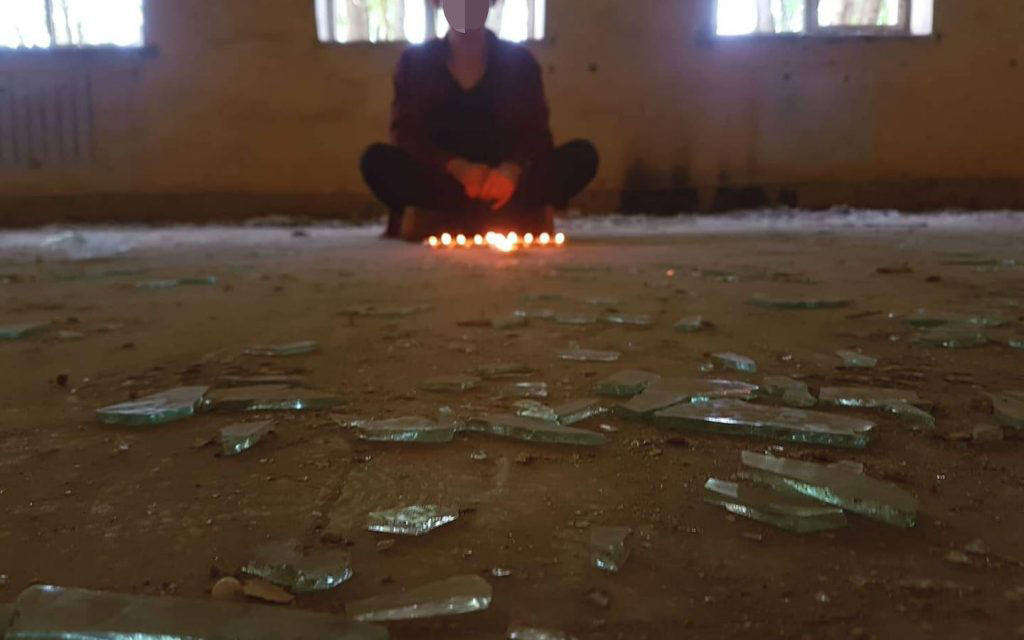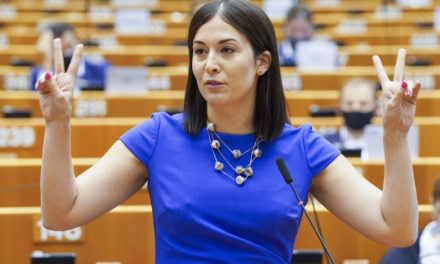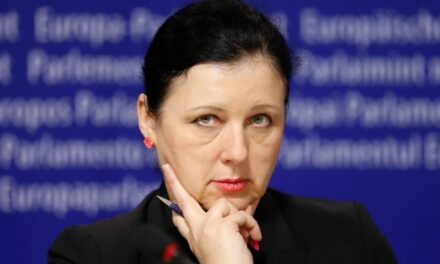In the first moments of his transformation into a Muslim, V. Kende, bound by an oath of loyalty to the Islamic State and arrested on suspicion of preparing terrorist acts, found himself in the middle of an invisible contradiction. The complicated rules of Islam, which require many years of study, and the complex system of the religious subculture, confuse many neophytes, as happened to the young man from Kecskemét. From the stages of V. Kende's journey that can be traced in the Islamic communities in Hungary, the nuances of the Muslim world emerge more clearly, and it can also serve as an explanation of what the "gate drug" could have been that trapped the confused young man.
Due to the freer, less institutionalized nature of the religious practice of Islam in Hungary, there are several uncontrolled and self-appointed teachers who are followed naively by many. Under the influence of such a group, twenty-one-year-old V. Kende wrote mocking messages to the president of the Hungarian Islamic Community. One such "unknown master" is the Lebanese-born Nidal Abiad, who is one of the online imams of the Salafist, Wahhabi sect - or, as it is mockingly called in the wider Hungarian Muslim community: its armchair caliph. The Muslim village Facebook group operates under his supervision, and anyone can freely join it. No control, no restrictions. On this interface, postings with an extreme tone criticizing other schools of thought and disparaging them regularly appear.
Wahhabism represents the most extreme and exclusive Islamic orthodoxy. His followers are the "true" Muslims, they are those who truly follow the prophet, without deviations or wild drives. This "true" Islamic faith was the breeding ground for anti-Western fundamentalist aspirations, and the spirituality and spiritual background of modern terrorism also originates from this sect.
ISIS, al-Qaeda and Boko Haram have all followed the path of Wahhabism and are closely tied to the political forces that finance Wahhabism. The most extreme offshoots of today's Wahhabism are not religious congregations created to fulfill pure spiritual needs, but political products .
It is more than a simple religion: it appears as a clear political and religious counterpoint. An ideology that is hostile to everything that is not identical to it. He does not differentiate between a Muslim who follows "heresies" other than ideological teachings and a Christian, since both are inferior and both will go to hell. In Islam, faith also means power and authority. Wherever the germ of Wahhabism appears, an alley fight immediately begins with Iran, which represents Shia Islam, and Turkey, which integrates several trends and also has the status of a middle power. For the often rootless Islamic congregations in Europe, issues of funding, religio-political affiliation and spiritual legitimacy are vital. If they don't have these resources, they become irrelevant. However, it also brings resource dependence.
The radical nature of Wahhabism and its "straight edge" and "hardcore" nature, which avoids all kinds of mysticism and Sufism, offer lightning-quick points of adjustment for an insecure neophyte who has just become a Muslim, who does not yet have his own religious practice routine, and who receives the self-awareness of excellence and superiority from the first minute. .
Miklós Ahmed Kovács, the imam of the Hungarian Islamic Community, who spoke to our newspaper, said that " in this extreme group, in the Muslim village, they are careful, apparently they do not encourage violence, but anyone who knows this Islamic sect knows that Wahhabism is the entrance to the path of radicalization. like ecstasy or marijuana for a heroin addict. One follows from the other ”
Wahhabism is the gateway drug to terrorism. However, by definition, violence will not be encouraged in a public group - he explains, and reminds: V. Kende also talked to the Islamic State (ISIS) in closed chat rooms, but according to him, such groups are suitable for planting the foundations of their ideology in the interested party under the title of religious teaching.
In this group, several commentators who are confused on the religious, ideological and psychological levels comment on the "speech". It is not uncommon for a commenter whose public Facebook wall simultaneously displays Catholic kitsch, new age, and radical Islam (for example, the propaganda of the Islamist terrorist organization Hamas). Miklós Ahmed Kovács points out that there is no feedback in these virtual communities, so the participants can freely interpret the teachings of the Wahhabi imam, Nidal Abiad, even as confirmation of their own bad ideas. V. Kende was a member of this virtual Wahhabi mosque, liked and commented on several posts with religious content. Recently, however, his "club membership" was terminated.
In Wahhabism, according to him, even an unsuccessful, philistine person can find the life goal by which he can rise above the "more successful" and despise them.
A. Kende had no cultural attitude towards Islam. He could not feel the anger and hatred of the Islamic world, as he belonged to the upper middle class of a large rural city with a well-known lawyer father. He was never without. Kende dealt with the frustration and failure of his own age with fundamentalist Islam. It was a dangerous game.
The entire article can be read here: hirado.hu / author: Péter Markovics, Márton D. Szerencsés
Cover image: Photo: V. Kende/Facebook













